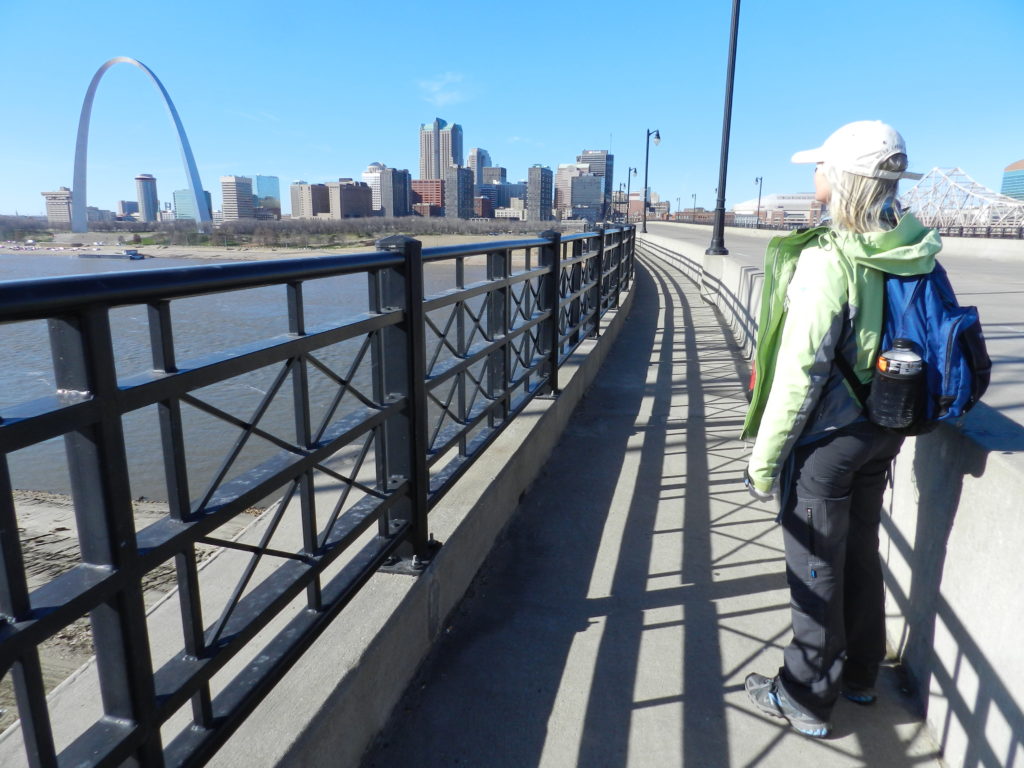This past week I read an article that touched several nerves. Allegedly, the subject was about tips for caregivers. The first nerve hit was when the writer referenced his “oxygen mask.” That made me wonder if he had been reading my blog when I referenced the same thing. At least this was a “flattered nerve,” unlike the “alarmed nerve” this writer/caregiver struck in me. Because of this alarmed nerve I will neither share his name nor his article, but the real subject matter was about tips for caregivers who feel sorry for themselves.
Obviously, I’m aware and sympathetic to the problems faced by caregivers. Even if I was not one myself, of late there have been a flurry of articles about the costs caregivers bear. Society and mass media encourages us to feel sorry for ourselves, but a tremendous irony lies in whether you primarily feel sorry for yourself or your loved one. The more that caregivers feel sorry about themselves, the more their loved ones will be negatively impacted, which will provide even greater caregiving difficulties to feel sorry about. The more caregivers feel sorry for their loved ones instead, the more their actions will improve the quality of life for everyone.
Let’s look at this clinically. Feeling sorry for yourself is a form of depression; evidence and research abounds confirming that this is bad for your health. Indeed, the risk of dementia for caregivers increases sixfold. Yet feeling sorry for another, and acting upon that compassion, is a form of altruism; evidence and research also abounds that altruism is good for your health, with high powered research universities linking altruism to happiness, brain health and longevity. Ah, but the altruism has to be genuine. The same research shows that the health benefits do not accrue if the “altruism” is really about the self, such as a large donation that gets one’s plaque on a wall … or being branded as a caregiver hero as a result of feeling sorry for yourself.
I include the last clause because the writer/caregiver I’ve referenced confided that friends consider him heroic. If you are thinking the same thing about me let me dissuade you right now. My favorite Tao poem is titled “When life is full there is no history.” One characteristic of “no history” is “no heroes.” People living full lives do so compassionately; responsibility to each other is normal (and health giving), not heroic. Rather than paint me as heroic, I intend for this blog to reveal that maintaining a high quality of life in the face of tragedy is not only possible but healthy … and more normal than we realize when society/media/caregiver articles encourage us to feel sorry for ourselves.
Maybe “alarmed” is too strong a word when a caregiver is feeling sorry for him/herself more than for their loved one; disconcerting is a better choice. In truth, reading such accounts make me concerned for both caregiver and patient as I think: “well, there’s one of those caregivers whose chance for dementia has increased sixfold.” If that writer/caregiver did indeed get his “oxygen mask” reference from me (perhaps I should trademark that?), let me now include my own tip for caregivers who are tempted to feel sorry for themselves.
Out of loss comes opportunity. One of the things that helps me focus on Cindy’s present quality of life is my plan for the future. The fact that devoting myself to caregiving limits income affects this plan not at all. As an aside, people assume that taking a year to walk across the country must cost an exorbitant amount. Our cost was about $12,000 for the year, a very healthy and happy year, the same amount as many two week vacations. I chuckle when I see financial advisors suggesting that a retirement fund needs $500,000 minimum. I understand different people have different needs, but for a normal healthy person a truly healthy and happy plan for the future, retirement or otherwise, requires far less than financial advisors, banks and insurance companies want us to believe. Thus devoting yourself to the altruism of caregiving provides greater dividends than the stress of breadwinning. You maximize your potential to enjoy yourself, if not indulge yourself, in your golden years.
When I consider how long the opportunity for my future life will be for me, relative to Cindy’s short remaining time on earth, I easily feel more sorry for her than for me. Acting upon that compassion then comes easily as well, making Cindy’s situation something less to feel sorry about … while increasing my own health. How delightfully unheroic that is!

